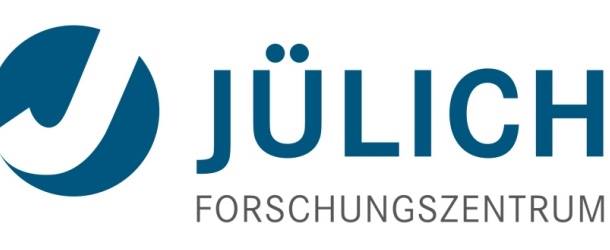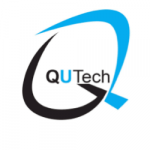Google & Jülich Principals Discuss New Quantum Tech Partnership

(InnovationOrigins) Recently, Forschungszentrum Jülich (FZ Jülich) and Google announced they will collaborate on research into quantum computers.
This article is an extensive & detailed interview with principals of the partnering groups: Prof. Dr. Kristel Michielsen, Group leader “Quantum Information Processing” & Member of the Division “Computational Science”, FZ Jülich; Prof. Dr. Dr. Thomas Lippert, Director of the Institute for Advanced Simulation & Head of Jülich Supercomputing Centre, FZ Jülich; and Dr. Markus Hoffmann, Global Quantum Computing Practice Lead, Google Cloud.
Prof. Dr. Dr. Thomas Lippert discussed the increase in performance “There is talk of an exponential increase in performance. This is precisely what makes the quantum computer so special.” Traffic optimization such as optimizing the route planning of 10,000 taxis in Beijing, which apparently is a major problem. This is a problem that Volkswagen is addressing with quantum computers. Or think of the optimization of air traffic routes. We believe that we will soon see these technologies in our everyday lives as well. Think about the flow of commodities or the optimal positioning of products in the supermarket – optimization is needed everywhere.”
Prof. Kristel Michielsen @Forschungszentrum Jülich / Ralf-Uwe Limbach cautioned, “Often one tries to explain these overlays and processes with conventional analogies. We think that this is arguably more confusing than revealing, because if a quantum state or a quantum computation could be represented in such a way, one would simply be able to do it with conventional computers.”
Q: There are a few companies who are also researching quantum computers – why did Jülich choose Google to work with?
Prof. Dr. Dr. Thomas Lippert: In the field of quantum computing, Jülich is by no means bound to a sole partner. Google is the first of hopefully several other partners. JUNIQ, the Jülich Unified Infrastructure for Quantum Computing, plans to collaborate with all major companies in this area. One example is the Canadian company D-Wave Systems. Others are planned. Very important for us is the teamwork within the European Quantum Flagship Project, where we are involved in the OpenSuperQ subsidiary project and want to take control over the operation of the European prototype.
Mr. Hoffmann explained the rationale for Google choosing Jülich and not working with a university in the USA. “The Google Quantum AI Group maintains multiple collaborations and partnerships with academic institutions and research laboratories worldwide. An example of this is the UK-based Prosperity Partnership with the University of Bristol and the UCL Quantum Science and Technology Institute in London. We have had a long-standing cooperation with Jülich researchers over many years, so formalizing a partnership was a logical step.
Q: Isn’t the German-American cooperation going up against the expensive EU research project Quantum Flagship, which was launched last year and aims to strengthen the European market in this field? Prof. Dr. Kristel Michielsen explained that Jülich is a partner in the European Quantum Flagship Project. Incidentally, there is currently far more intellectual property flowing from the USA to Europe than vice versa. The location of the first European quantum computer built by the research project will – as you have just pointed out – be Jülich.























